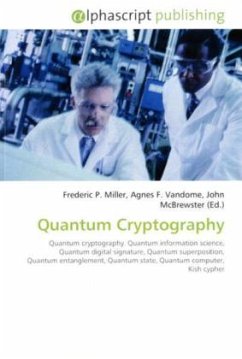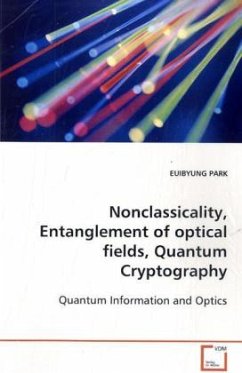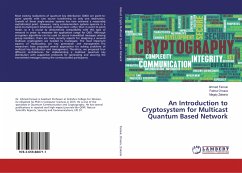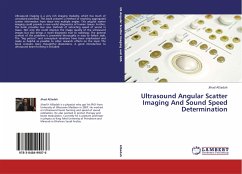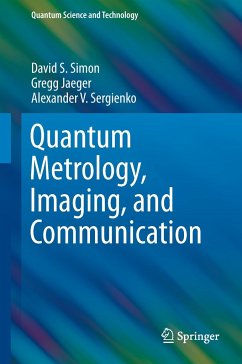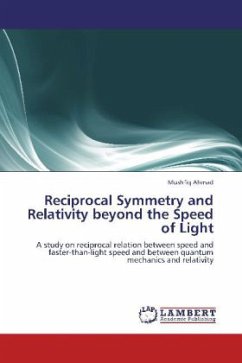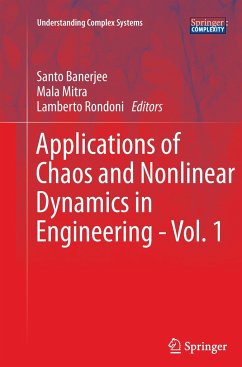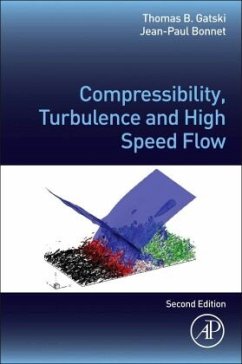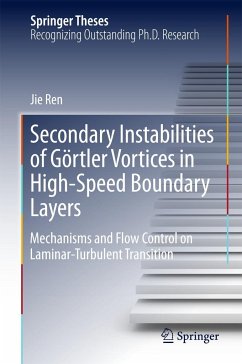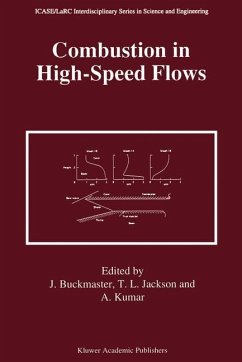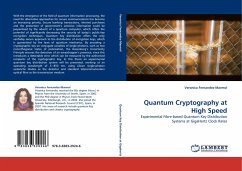
Quantum Cryptography at High Speed
Experimental Fibre-based Quantum Key Distribution Systems at GigaHertz Clock Rates
Versandkostenfrei!
Versandfertig in 6-10 Tagen
52,99 €
inkl. MwSt.

PAYBACK Punkte
26 °P sammeln!
With the emergence of the field of quantum information processing, the need for alternative approaches for secure communications has become an increasing priority. Secure banking transactions, internet purchases and the protection of government s sensitive information could be jeopardised by the advent of a quantum computer, which offers the potential of significantly decreasing the security of today s public-key encryption techniques. Quantum key distribution offers the only verifiably secure approach to the distribution of encryption keys, which is guaranteed by the laws of quantum mechanics...
With the emergence of the field of quantum information processing, the need for alternative approaches for secure communications has become an increasing priority. Secure banking transactions, internet purchases and the protection of government s sensitive information could be jeopardised by the advent of a quantum computer, which offers the potential of significantly decreasing the security of today s public-key encryption techniques. Quantum key distribution offers the only verifiably secure approach to the distribution of encryption keys, which is guaranteed by the laws of quantum mechanics. By encoding a cryptographic key on conjugate variables of single photons, such as two nonorthogonal states of polarisation, the Heisenberg s Uncertainty Principle ensures the detection of an eavesdropper s presence, since this introduces a detectable error which can be measured by the authorised recipients of the cryptographic key. In this thesis an experimental quantum key distribution system will be presented, working at an operating wavelength of ~850 nm, using silicon single-photon avalanche diodes as the detector and standard telecommunication optical fibre as the transmission medium.



